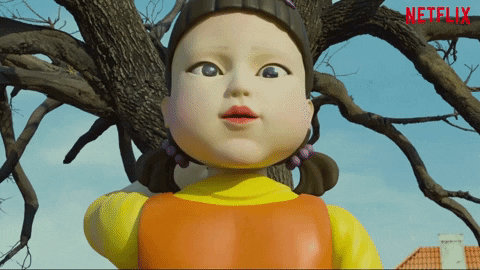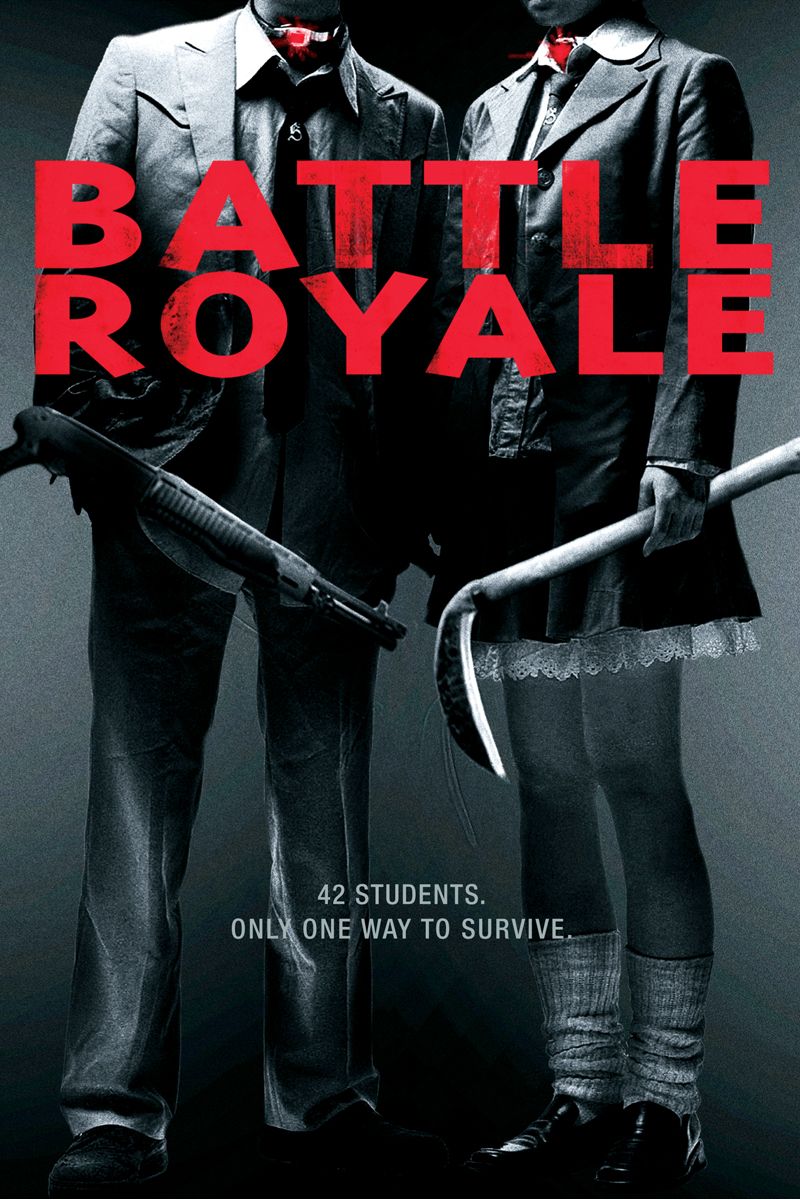PostApocalyptic Media is probably one of the only websites where we writers are allowed to say we’re almost hoping for the end of the world. Still, the announcement of a real-life squid game had even us raising our eyebrows.
In truth, the first thing I did was laugh. Then, I said, “did they even watch the show?”
It’s possible the executives who green-lit this forthcoming game show have never watched the original series, which is a blistering attack on wealth culture and a critique of how those of lesser means are often treated as expendable and dehumanized in society. It also “unflinchingly addresses a problem that is particularly entrenched in South Korea: debt and the never-ending struggle to pay it off.”
This forthcoming Squid Game game show is both ridiculous in concept and raises two important questions: what is a dystopia, and are we living in one right now?
The basic dictionary definition of a dystopia is “a state or society in which there is great suffering or injustice, typically one that is totalitarian or post-apocalyptic.” However, it doesn’t specify that the latter two are essential facets. Does Squid Game function in a society with great suffering or injustice? And if so, how is it different from real life?
First, it depends on what is meant by “great suffering and injustice.” In most dystopian stories, it’s obvious who is oppressed. All the people in the Districts in The Hunger Games, for example, are suffering, as are women in The Handmaid’s Tale.
Battle Royale, by contrast (both the novel by Koushun Takami and the 2000 movie based on it), is a comparable title to Squid Game in that most of the story takes place in an isolated area away from society at large. We only know the former is a dystopia due to flashbacks and the ending, which reveals it’s Japan under Totalitarian rule. The novel/movie strives to show how awful such a form of government would be (the plot involves a classroom of teenagers forced to fight to the death or be killed via explosive-rigged collars).
But this is where Squid Game gets tricky to nail down. The outside world in Squid Game is pretty much the same as here. People live normal lives under a democracy with access to food, water, housing, hospitals, education, and entertainment … it doesn’t appear to be a dystopia. People have rights. The cops (at least one of them) try to help. The game show must occur on a secluded, private island/resort, presumably because money doesn’t buy you complete immunity from murder.
Yet, that enough people are suffering so much financially to agree to go on a game show where they have only a 1/456 chance not to die seems to suggest that, yes, the society in Squid Game is a dystopia. However, it’s not caused by a government with an iron grip or a collapsed world, but by capitalism and wealth culture. Director Hwang Dong-hyuk explained that the perilous financial state of the main character was based on the experiences of workers at South Korean carmaker SsangYong Motor in 2009.
Therefore, if the society in Squid Game is just everyday life in South Korea, then that would preclude that normal life in South Korea (and, ostensibly, the rest of the developed world) is dystopian. We just don’t see it because the injustices aren’t as obvious as in Fahrenheit 451 or 1984. Or because debt creeps in slowly and is something for which we often blame the debtor.
Creating an (unironic) game show based on a series hyper-critical of wealth culture seems like it should be a joke. Instead, the joke may end up being on us.
Sqiud Game was released on Netflix in September 2021 and is currently Netflix’s top most-watched show.




Leave a Reply